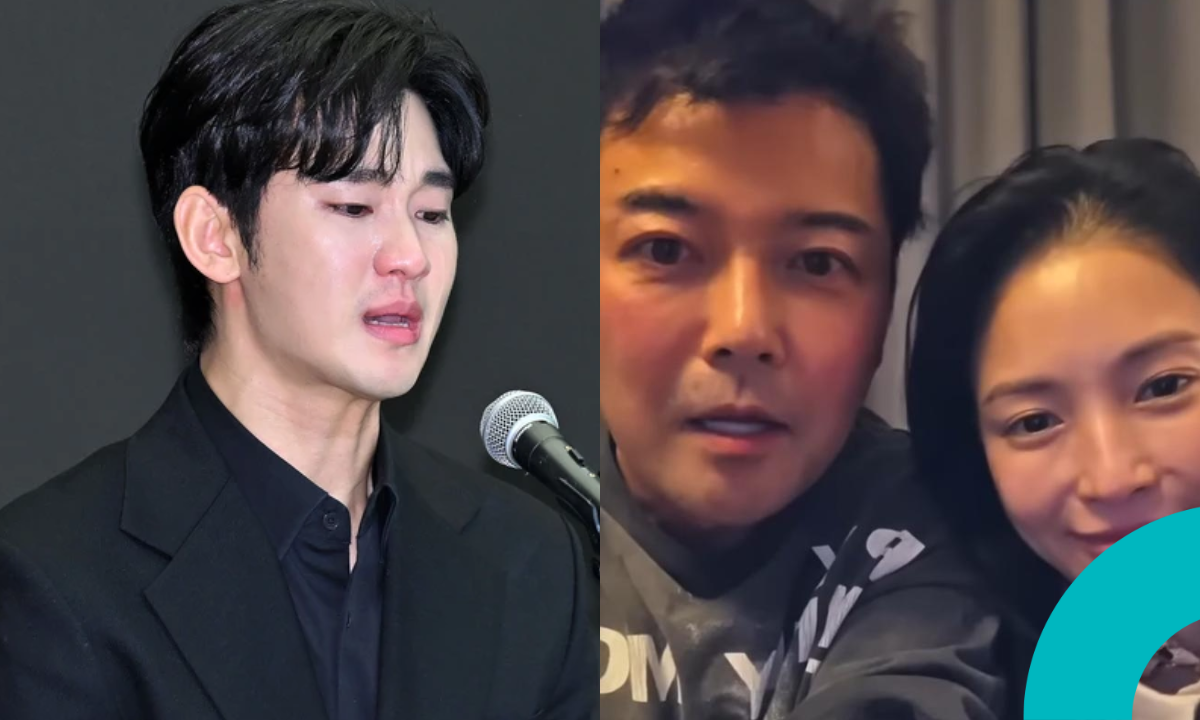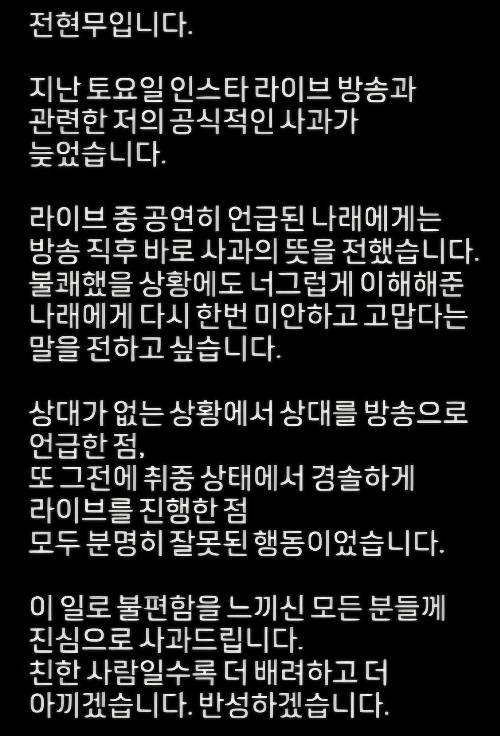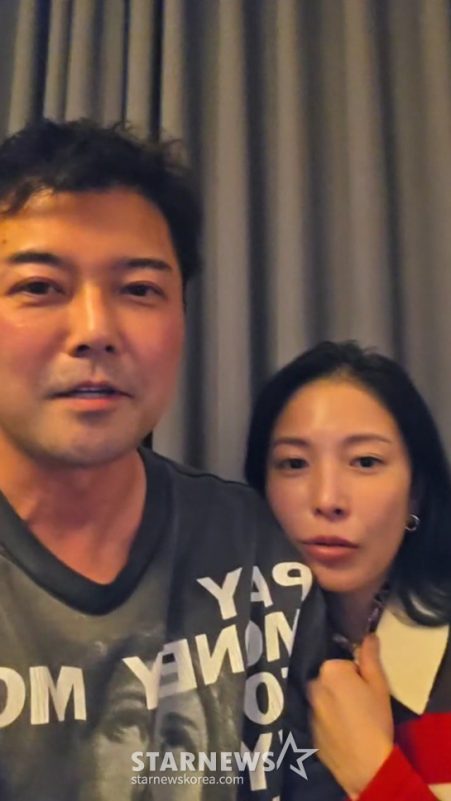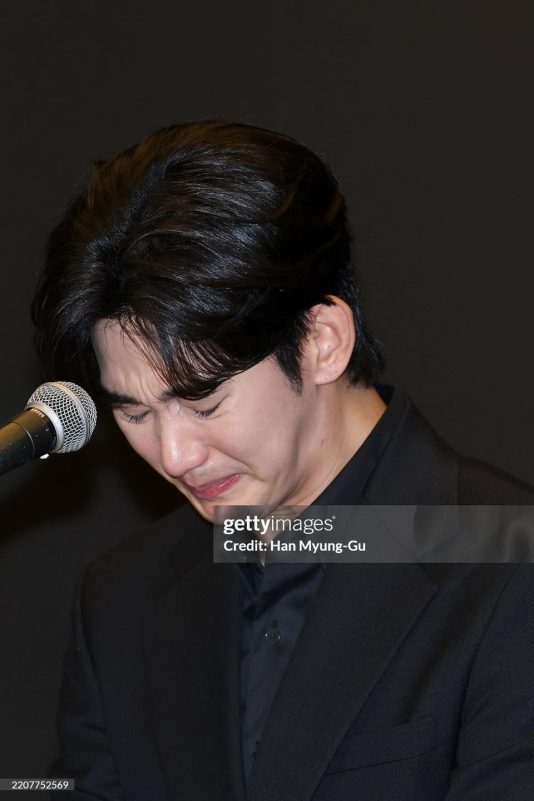
In the high-stakes world of Korean entertainment, where scandals can destroy careers overnight, Jun Hyun-moo has emerged as a rare example of how to handle controversy the right way.
After facing criticism over a drunken livestream with singer BoA, Jun Hyun-moo issued a swift and sincere public apology. The statement was praised for its clarity, humility, and completeness—so much so that netizens now refer to him as the “King of KBS Apology Letters.”

In an industry where celebrities are constantly under scrutiny, well-crafted public apologies are more important than ever. If a star stays silent, baseless rumors spread. If they issue a vague or delayed response, public anger only grows. Jun Hyun-moo’s apology stood out because it followed every best practice: acknowledging the issue, offering sincere regret, providing context, addressing misunderstandings and refuting false claims decisively.

His approach drew a stark contrast to the recent Kim Soo-hyun scandal. The top actor has been under fire after a truth dispute with the family of the late actress Kim Sae-ron, his former partner.
Rather than calming the situation, Kim Soo-hyun’s tearful press conference, held 21 days after the issue erupted, triggered widespread backlash. There was no Q&A session, and he awkwardly referred to himself multiple times as “star Kim Soo-hyun,” without expressing any grief or moral responsibility toward his late ex-girlfriend. The event concluded with the revelation of a ₩12 billion lawsuit (approx. $9 million), which many viewed as the true purpose behind the media appearance.

Online reactions were brutal, with many accusing him of “acting,” calling the apology “contrived,” and criticizing him for “just talking about money.” The sarcasm didn’t stop there, one commenter wrote, “Should’ve asked Jun Hyun-moo to write it for him.”
Another recent controversy involved Noze, the choreographer who rose to fame on Street Woman Fighter. She faced a power abuse scandal after allegedly treating luxury brands better than small businesses in her paid promotions.

While she did apologize, the statement was criticized for coming too late and lacking important details. There was no mention of the specific wrongdoing or any promise of compensation to the affected brands. The public labeled her response a “generic apology template,” and it continues to be mocked online.
Jun Hyun-moo’s professional and thoughtful response now stands as a rare benchmark in the industry and one that others would do well to follow.


